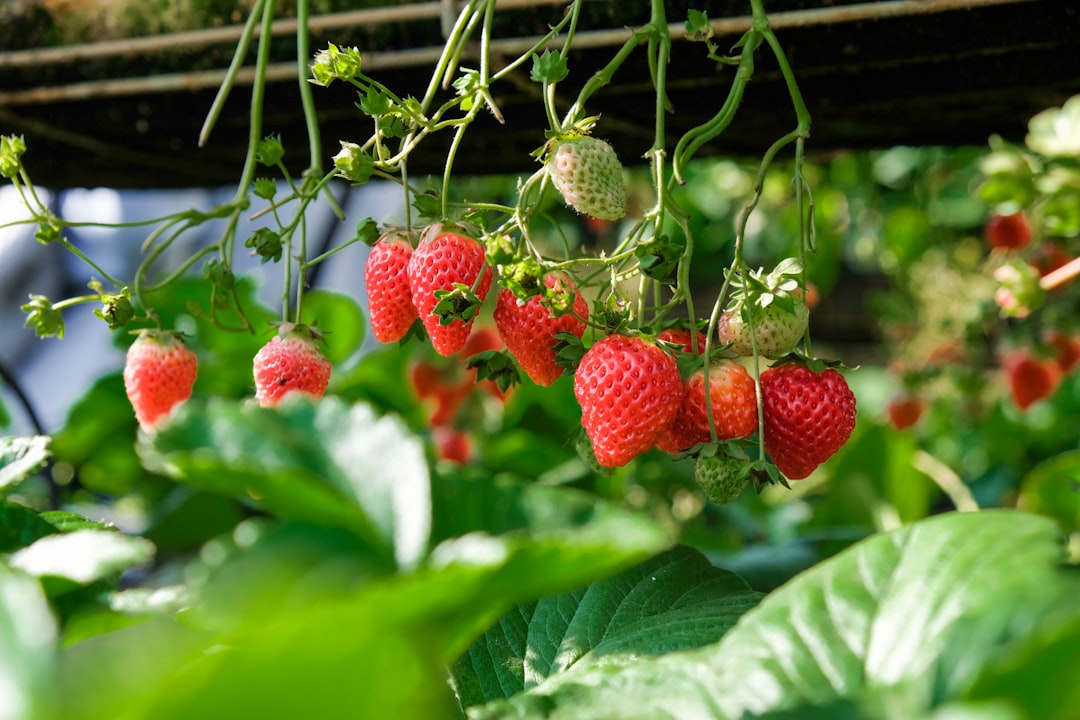Freshbay Geothermal Project Welcomes New Partner; IGS Head of Operations North America Gives Opinion Ahead of Indoor AgTech
Discover what happened this week in the indoor vertical farming sector.
Thanks to Artechno Growsystems for keeping this edition free.

This Week’s Editorial
Climate Challenges and Pest Problems: The Brewing Crisis in Hop Production and the Emerging Promise of Indoor Farming
Welcome to the first day of summer—a season often marked by longer, sun-drenched days, backyard barbecues, and the enjoyment of refreshing, locally brewed beers. Yet, climate change and pest infestations are increasingly threatening global hop production, which could further contribute to rising beer prices. As traditional hop farming faces these adversities, innovative solutions such as indoor vertical farming emerge.
A Word From This Edition’s Sponsor
Are you seeking to transform your farming methods? Artechno Growsystems offers advanced automated vertical farming solutions, with expertise in creating and executing modern cultivation systems across the globe. Discover their exceptional products and services today and elevate your farming practices to new heights! Click here to learn more.
This Week in Indoor Farming
Sustainable agriculture innovator Freshbay, Inc. (website) has unveiled plans to collaborate with vertical farming technologies developer Affinor Growers Inc. (website) in a new strategic partnership. The collaboration signifies a crucial development in Freshbay’s pursuit of sustainable agricultural advancement and serving the escalating consumer demand for locally sourced produce.
As per the terms of the agreement, Freshbay is set to construct an advanced geothermal agricultural site near Hinton, Alberta. The project, comprising roughly 864,000 square feet of greenhouse facilities, will employ Affinor’s state-of-the-art technologies. Freshbay’s operational focus will be on cultivating and commercializing Affrinoira Fragaria strawberries, a premium variety recognized for its superior taste and quality.
Under this Definitive Agreement, Affinor will equip Freshbay with the necessary products and services to facilitate the project. The arrangement includes the installation of 17,530 vertical hydroponic towers, 34 polycarbonate Atlantis greenhouses, and a fully automated irrigation and fertilization system. Furthermore, Affinor has enabled a connection between Freshbay and Berrymobile Fruit Distribution Inc., guaranteeing off-take for the strawberries harvested on-site.
Vic Reddy, CEO of Freshbay, expressed enthusiasm about the collaboration with Affinor Growers. He stated, “Together, we will create a groundbreaking geothermal agricultural site that revolutionizes the way strawberries are cultivated, setting a new standard for sustainability and quality in the industry.”
Intelligent Growth Solutions (IGS) Head of Operations North America, Steve Gereb, has outlined a sustainable vision for the future of vertical farming (VF). We had the chance to catch up with Steve ahead of the Indoor AgTech Innovation Summit, to be held in New York June 29-30th, where he will give a keynote presentation on ‘Working with Farmers to apply vertical farming to field agriculture.’ He spoke in depth about the imperative need for vertical farming to synchronize effectively with traditional agricultural methods.
According to Gereb, a sustainable future of food production requires a blend of VF techniques and conventional farming systems. He stressed that vertical farming is not a silver bullet for agricultural challenges but could provide significant advantages when incorporated into a broader ecosystem. Gereb envisions a world where vertical farms act as nurseries for crops that can be transplanted into traditional farming systems.
Gereb also discussed IGS’s exciting venture with Forestry & Land Scotland. The project aims to leverage IGS’s innovative VF techniques to grow tree seedlings. He said the initiative holds particular promise for the conservation of indigenous species, potentially offering a solution to help mitigate the damage caused by forest fires and climate change.
VF, Gereb suggests, can bring substantial benefits to Agroforestry. Given the current environmental challenges, like rising temperatures, wildfires, and pests, forest preservation, and expansion are critical. The ability of vertical farming to foster faster and more cost-effective growth of tree seedlings, with higher survival rates, positions it as a powerful tool in this arena. Additionally, vertical farming can ensure that seedlings are pest-free and more resilient against external threats while using less water than traditional farming methods.





